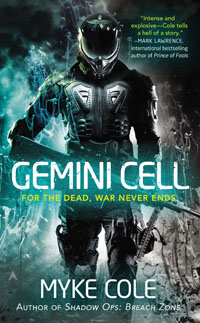If you’re not already registered for WorldCon, and you want to participate in the Hugo Award nomination and voting process, you must register by Saturday, January 31st. That’s coming right up.
If you’re interested in nominating projects of mine for the ballot, here’s a list of what I did in 2014, and the categories in which those projects are eligible for nomination:
Graphic Story
- Schlock Mercenary: Broken Wind, published online at schlockmercenary.com by Hypernode Media
- Schlock Mercenary: Parallel Perspectives, published by Hypernode Media in the print edition of Massively Parallel (note: the main story is not eligible, as it appeared on the Hugo ballot in 2011)
Short Story
- “Call of the Caber,” published by Privateer Press in Iron Kingdoms Excursions, Season One, Volume Five
- “U.I.”, published by Cold Fusion Media in the anthology Shared Nightmares
- “An Honest Death,” first published by Dragonsteel Entertainment in Shadows Beneath: The Writing Excuses Anthology
Novelette
- “Mind Over Matter,” published by Privateer Press in Called to Battle: Volume Two
Related Work
- Shadows Beneath: The Writing Excuses Anthology, published by Dragonsteel Entertainment. (Note: Writing Excuses, the podcast, is also eligible for nomination in the Best Related Work category, but we think this anthology of stories, drafts, and session transcripts is a better fit for that category.)
Whether or not you think any of these are worthy of nomination, the nomination process is something you can be involved in. If you love genre fiction, and want to see honor done by your favorite things, get registered and fill out your ballot!
The registration deadline is January 31st. The nominations close on March 10th, 2015. The final ballot should appear by the end of April, and the voting on that ballot will likely close at the end of July. Winners and full results will be announced at WorldCon in Spokane Washington, on August 22nd of 2015. More information is available at http://www.thehugoawards.org/.
 Gemini Cell
Gemini Cell